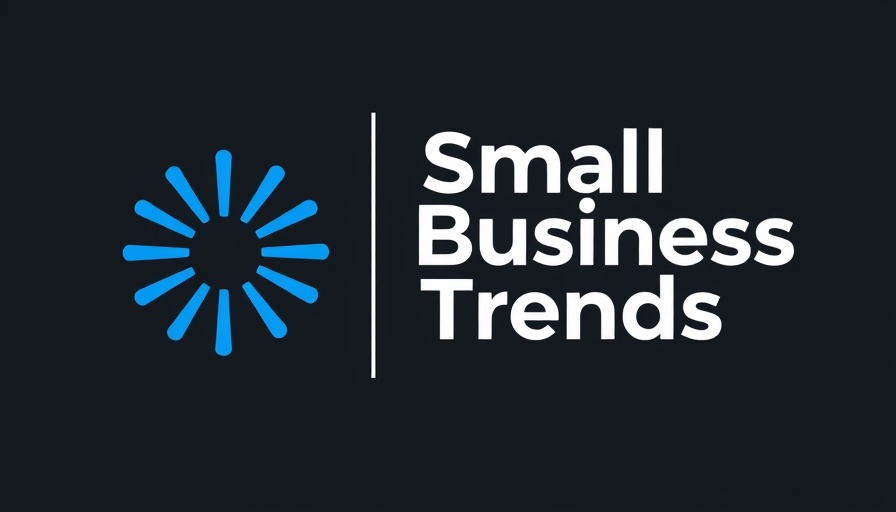
Understanding the SBA's 8(a) Contracting Program
The Small Business Administration’s (SBA) 8(a) Contracting Program is a crucial initiative designed to support the growth and sustainability of small businesses across the United States. Aimed primarily at businesses owned and controlled by socially and economically disadvantaged individuals, the program helps these firms secure government contracts, which can often be a lifeline for small businesses navigating the complexities of competition and market entry.
Key Changes from the Recent Audit
A recent full audit of the 8(a) program has raised several points that every business owner should consider. One major aspect is the need for greater transparency and accountability in the contracting process. The audit highlighted discrepancies in the application of eligibility criteria and the enforcement of regulations, which could lead to misunderstandings or misallocation of resources within the program.
Implications for Small Business Owners
Understanding the implications of these findings is vital. Small business leaders must be diligent about knowing the specific requirements and maintaining compliance to avoid potential pitfalls. The audit suggests a need for better education around business loan requirements and eligibility for the 8(a) Program. This also involves reevaluating how to create a business plan that aligns with SBA guidelines.
Benefits of the 8(a) Program
The 8(a) program offers tremendous benefits, including mentorship opportunities and access to procurements that are set aside specifically for 8(a) firms. Engaging with these resources can enhance a business’s competitive edge in contracting. Business owners may also consider how to write a business proposal that not only meets the requirements but also stands out in a crowded field of applicants.
How to Position Your Business for Success
To effectively position themselves in this environment, entrepreneurs should focus on several strategies:
- Enhancing Marketing Efforts: Small business marketing ideas that utilize digital channels can increase visibility and attract valuable connections.
- Operational Excellence: Business accounting tips and cash flow management strategies are crucial in maintaining operational health.
- Building a Strong Team: Hiring the right employees for a small business can facilitate growth and improve productivity, especially when blended with effective remote work policies.
Future Predictions and Trends
Looking ahead, the small business landscape is set to evolve significantly in response to both audits and economic changes. By 2025, we expect to see a greater emphasis on automation benefits, digital transformation, and the adoption of advanced marketing strategies. This shift necessitates that businesses not only adapt to changing market environments but also innovate continuously to maintain their competitive advantage.
Conclusion: Taking Action for Success
As we digest the findings from the SBA’s audit, it’s imperative for small business leaders to assess their strategies and align with the evolving landscape of government contracting. Enhanced visibility in markets, robust operational strategies, and adhering to regulatory standards will become cornerstones of success for small businesses in coming years.
 Add Row
Add Row  Add
Add 




 Add Row
Add Row  Add
Add 

Write A Comment